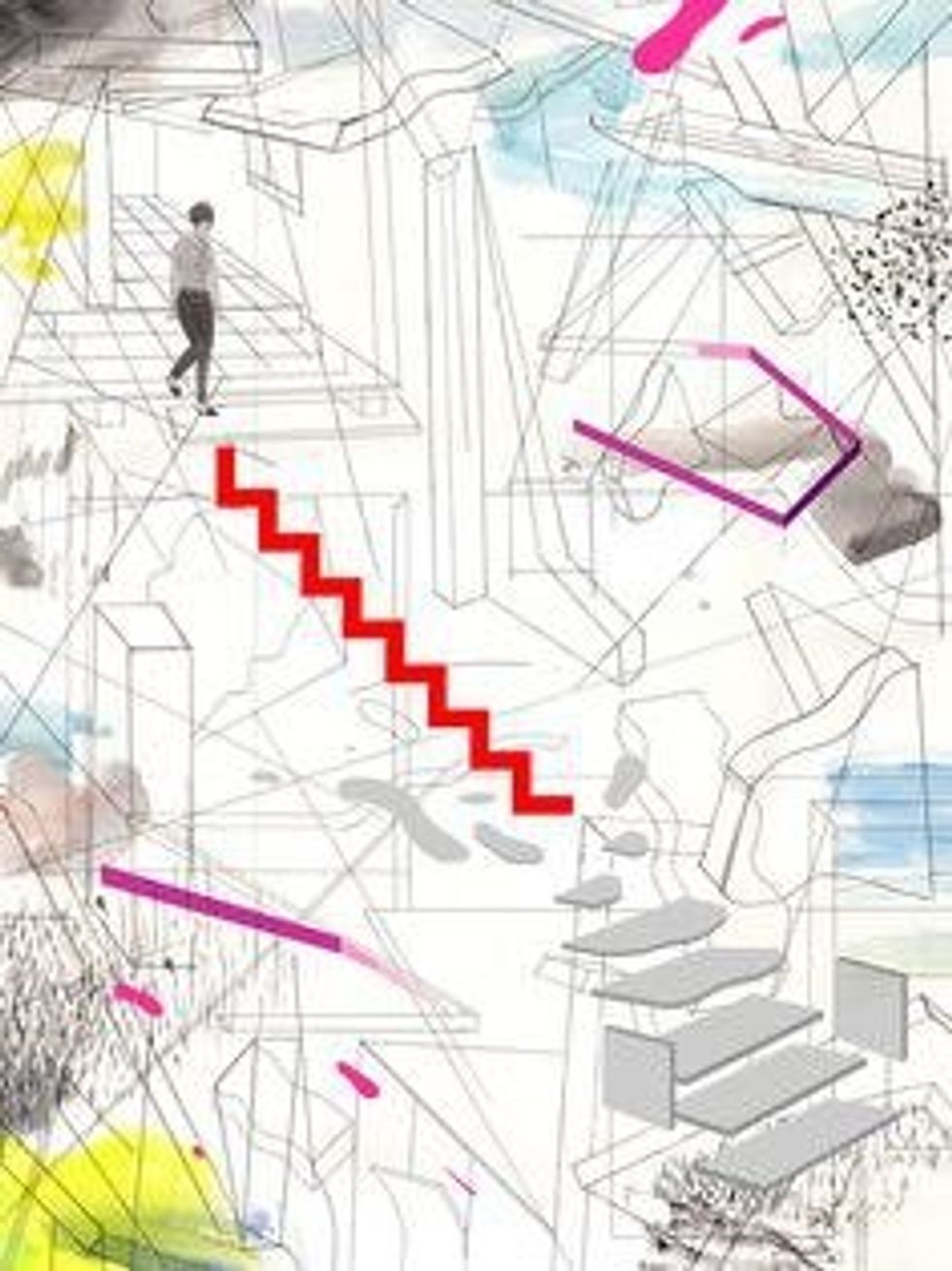There's something to be said for being a student in this current economy. The transition into college -- be it beginning an undergraduate career or heading off into the uncharted territory of graduate work -- is a huge leap from the filmstrip memories of high school, or day-to-day of the "real world". Managing a disability on top of all aforementioned factors is a big deal. I should know: I've done it. I'm doing it. I'm still doing it.
There are a few things that I -- and many other students with disabilities -- would like to tell people. I'm positive that I have not covered everything, but this is a start.
1. We may not ask for help.
Even when we really need it. Because of factors both within and outside of our control, there are disabled students who don't want to say anything about their disability for fear of ridicule. There are also disabled students who don't know where to find resources to help them. In my first semester of both undergrad and graduate school, I, for fear of being labeled "retarded", didn't tell anyone about my Aspergers syndrome. Not a peer, a professor, or the campus' disability services office. As a result, I struggled a lot when having to juggle a full course-load and extracurricular activities. It wasn't until my second semester - one panic attack, one severe depressive episode, one panic-stricken bolt out a classroom, and some not-so-great grades later -- that I finally decided to tell my professors and campus office what was going on. The help I received afterward was tremendous.
For professors and peers: If you notice that a disabled student is struggling, but not saying anything, ask them.
2. We may get randomly tired at weird times during the day.
I believe in the Spoon Theory. Developed by Christine Miserandino, the Spoon Theory explains the reduced amount of energy available for activities of daily living and productive tasks that may result from disability or chronic illness. When I say I don't have many spoons left, I say that I've already used a fair share of my energy by 2 p.m. when I still need to be "functional" for at least four more hours.
For peers: Breaks during the day are good for getting energy back, but they're different for everyone. One disabled person might need a longer break than another; keep everyone's individual needs into account.
3. We may forget to remind professors and peers of what we need.
I have a bad memory. I have to write everything down in a daily to-do list, or some form of list, or I will literally forget all of my course assignments. I also randomly confuse the left direction for a right, and up for down. Both handicaps are insanely inconvenient, for me and for everyone within a ten-mile radius. Often I have to wait at least ten minutes to work up the gumption to ask in class about something previously covered in a lecture. Other times, I will keep my mouth shut and stew in my own perceived incompetence.
For professors and peers: Patience is a good, and often underutilized quality. Again, if you see us struggling, offer to lend a (proverbial) hand. If we go to you, do what you can. Any and all help is appreciated.
I debated writing this article. The struggle of managing a disability is one I wouldn't wish on anyone, not even in a far-fetched "It's a Wonderful Life"-esque scenario against that one person in high school who called me a retard, or that one person in junior high who told me I should stop talking when I tried to answer a question in class. The internalized ableism, what I have retained from being teased and mocked in my younger years, is unnerving. My life experiences are not the Richter scales by which to measure all disabled students'. I do hope that there will be, through this article, at least a small start toward more proactive compassion regarding disabled students and their respective needs.





















